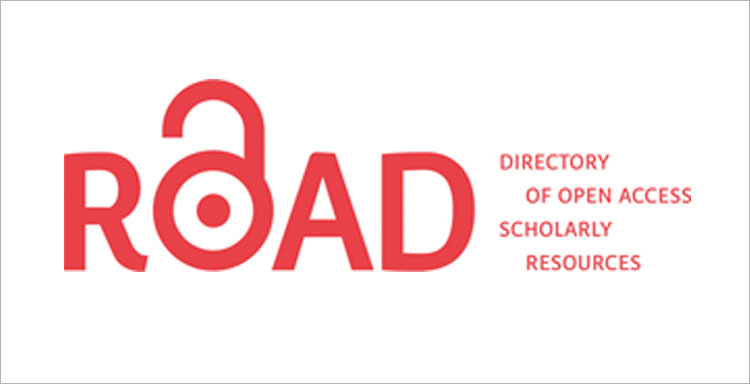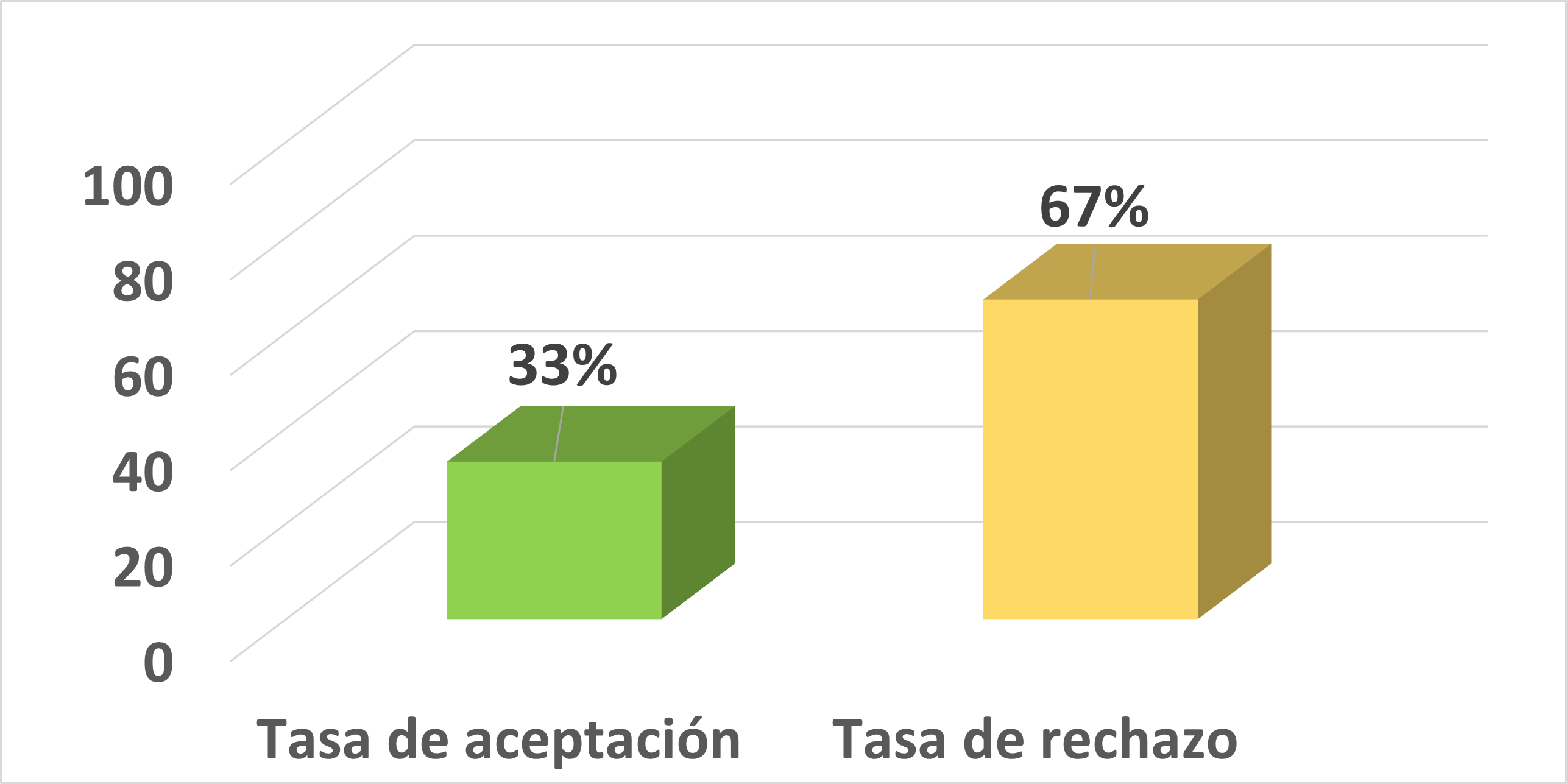Analysis of the socio-economic effects on the mining project Faique, Macara Canton, province of Loja
Keywords:
Environmental economics, environmental impact, resource allocation, externalities, pollutionAbstract
This paper aims to analyze and determine the optimal allocation of financial resources to the mining area "El Faique" in order to obtain an efficient production, without causing negative effects to the environment; Environmental degradation has become of great importance at the global level since production processes of any kind will cause an impact, in some cases irreversible, that will result in an alteration in the economic budget of the project, hence the importance of investigating the Planning and subsequent implementation in the budget of a project whose objective will be to minimize all these negative interactions of the project. Contributing to the sustainable development of mining production processes. The study was carried out in the El Faique project, evaluating the following indicators: mining field, exploration process, (galleries postage), and interaction with the social area of influence of the project. Descriptive methods were used to determine how the sector is located, and then, through automated methods, to describe the effects. The results determine that there is no possible exchange of goods to increase one's welfare without worsening the well-being of another per- son, however, that social components are very important at the time of budgeting.References
Gobierno Autónomo y Descentralizado del Cantón Macará, op. Cit.
Iván A. Montoya, Luz A. Montoya. Economía y Desarrollo Rural. Una propuesta de formación de precios para la economía ecológica, mediante un sistema de equilibrio general. España. 2008.
Juan Carlos Mendieta. Economía Ambiental. Programa de Magíster en Economía del Medio Ambiente y de los Recursos Naturales. Facultad de Economía, Universidad de los Andes. Bogotá- Colombia. 2002.
RIERA P, García D. Kristom B. Brannlund R. (2008). “Manual de Economía Ambiental y de los Recursos Naturales”. Madrid-España. ISBN: 97884-9732. PAG 356.
STIGLITZ, J. (1994). Whither Socialism?. Cambridge. Mass.: MIT Press.
Xavier Lavandeira, C. J. (2007). Economía Ambiental. Madrid: Perason Prentice Hall
J. Lavandeira, Economía Ambiental, Madrid: Pearson Prentice Hall, 2007.
J. C. Mendieta, Economía Ambiental, Bogota: Facultad de Economía, Universidad de los Andes, 2004.
J. Stiglitz, Whither Socialism, Cambridge: MIT Press, 1994.
I. Montoya, Economía y Desarrollo Rural, Madrird, 2008.
Duque, Pablo. (2000). “Breve Léxico Estratigráfico del Ecuador”. Sistema de Información Minera y Geológica, PRODEMINCA.
AGUILERA, F (1991), «La economía del medio ambiente: notas para un estado de la cuestión», Cuadernos de Economía, vol. 19.
CERÓN; Gabriel. Economía aplicada a la valoración de impactos ambientales. Universidad de Caldas, 2005. ISBN: 9588231566, 9789588231563.
SZEPLAKI Eduardo, FERGUSSON Alex. La Cuestión Ambiental en la Agenda 21. Parlamento Latinoamericano Grupo Parlamentario Venezolano.
TOMASINI Daniel, Porto R. “Valoración Económica del Ambiente”. Facultad de Agronomía. Universidad de Buenos Aires. 1998.
TORRES-MARIN Gemma Desarrollo Sostenible. Editor: UpcEdicionUpc, Universidad Politécnica de Cataluña, 2010. ISBN 4838018055,
RIERA, Pere; GARCIA, Dolores; KRISTROM, Bengt y BRANNLUND, Runar. Manual de Economía Ambiental y los Recursos Naturales. España 2005.
Downloads
Published
How to Cite
Issue
Section
License
Those authors who have publications with this journal, accept the following terms:
- After the scientific article is accepted for publication, the author agrees to transfer the rights of the first publication to the CEDAMAZ Journal, but the authors retain the copyright. The total or partial reproduction of the published texts is allowed as long as it is not for profit. When the total or partial reproduction of scientific articles accepted and published in the CEDAMAZ Journal is carried out, the complete source and the electronic address of the publication must be cited.
- Scientific articles accepted and published in the CEDAMAZ journal may be deposited by the authors in their entirety in any repository without commercial purposes.
- Authors should not distribute accepted scientific articles that have not yet been officially published by CEDAMAZ. Failure to comply with this rule will result in the rejection of the scientific article.
- The publication of your work will be simultaneously subject to the Attribution-NonCommercial-NoDerivatives 4.0 International (CC BY-NC-ND 4.0)









